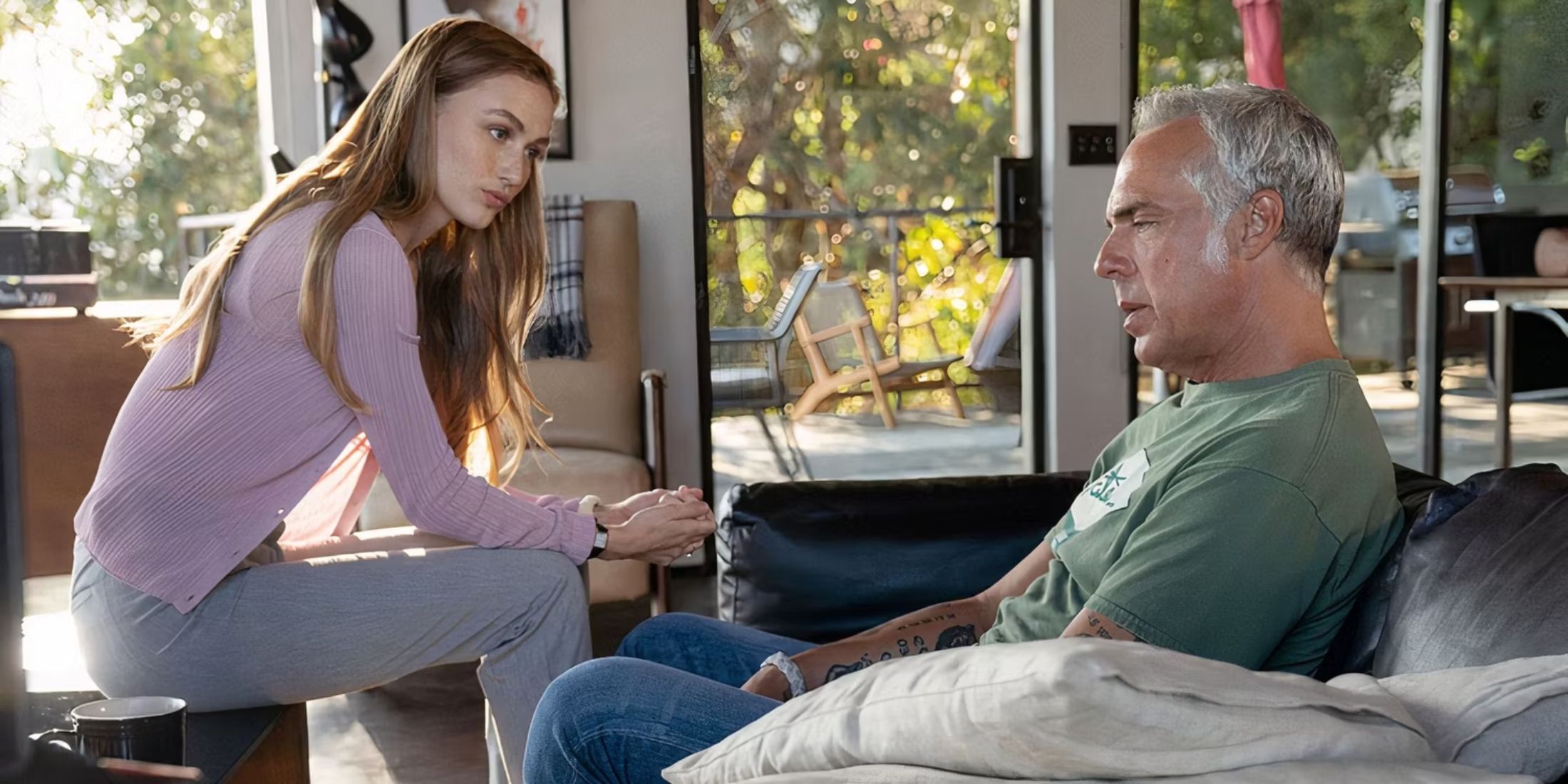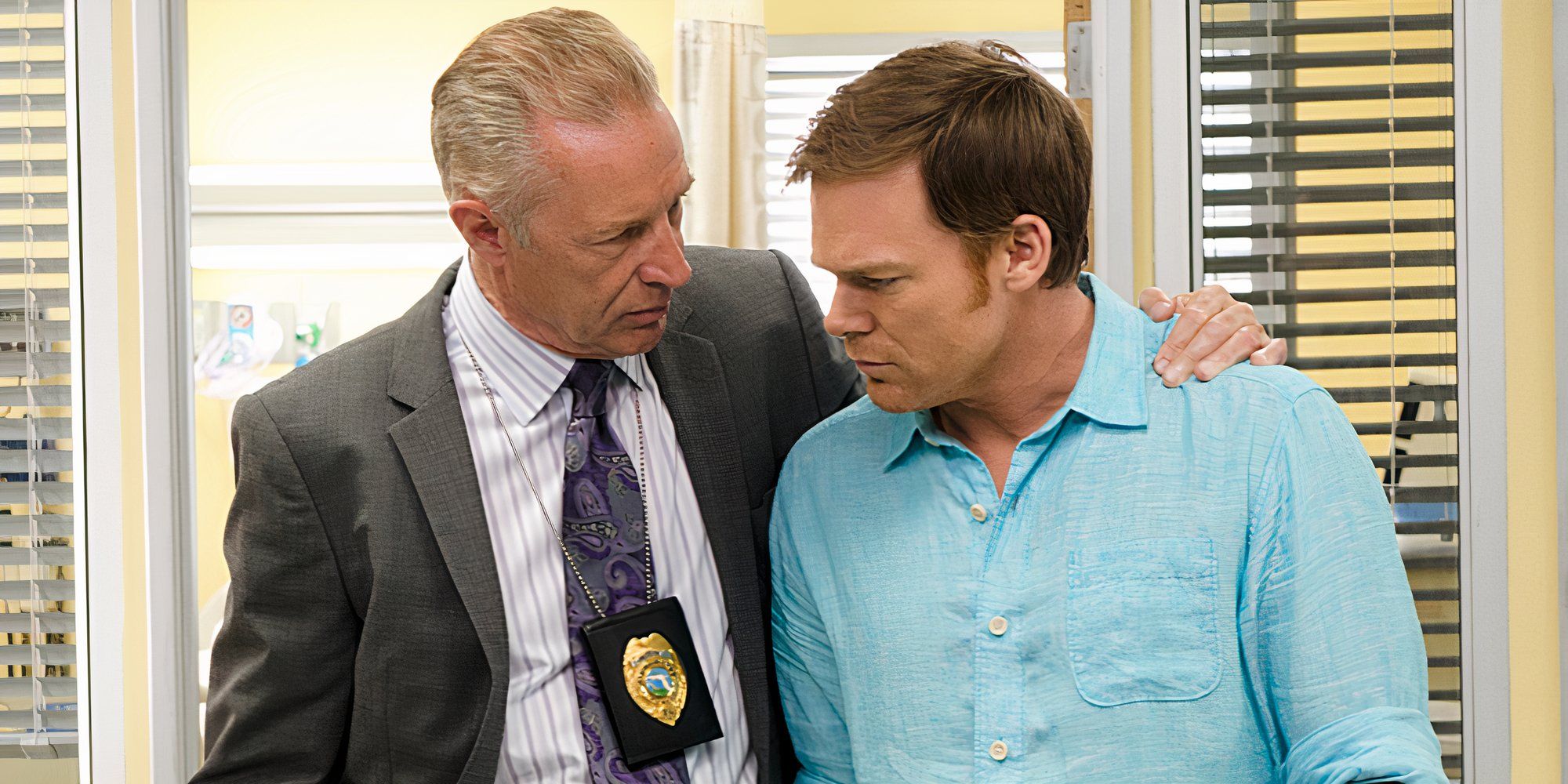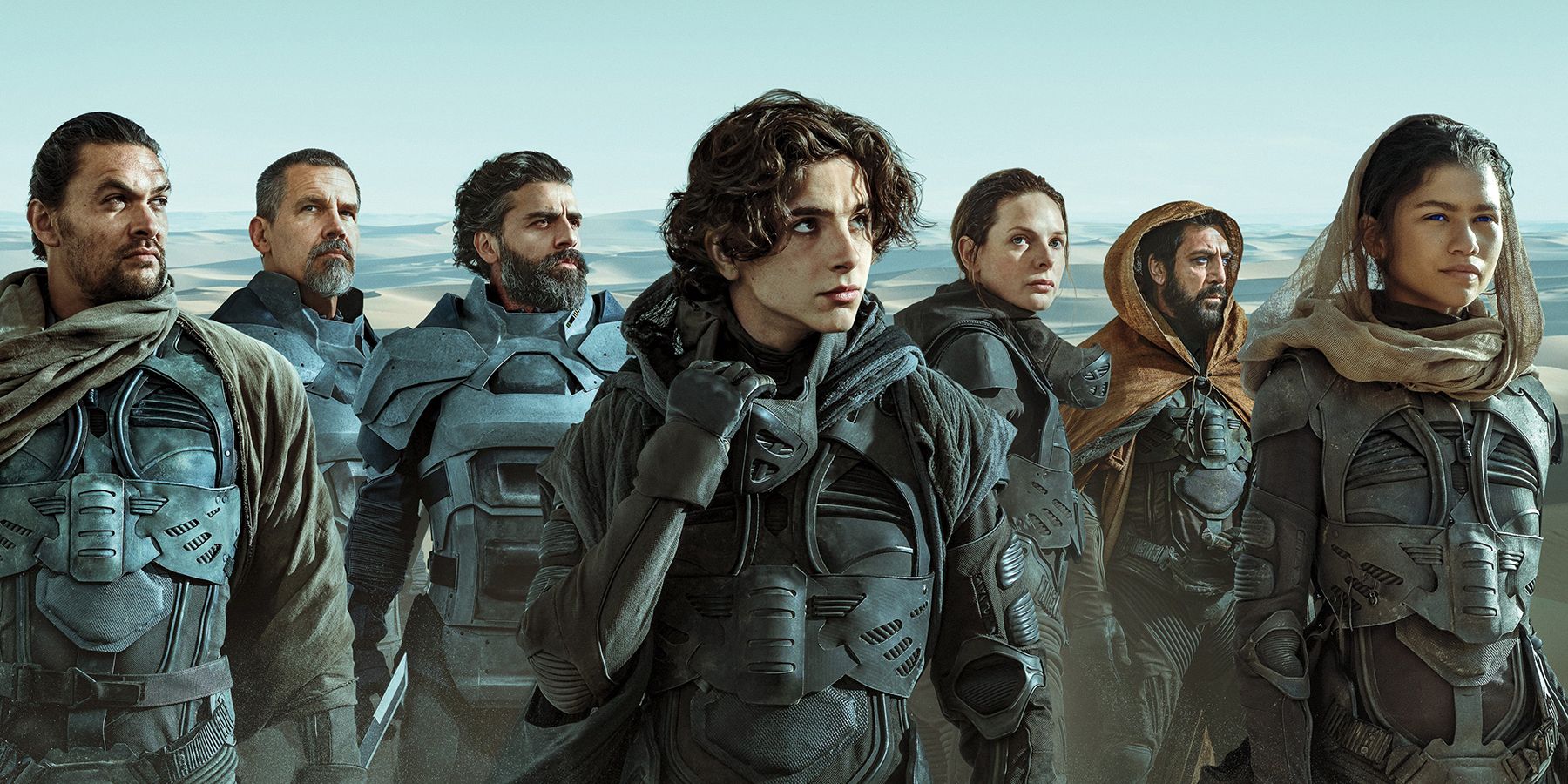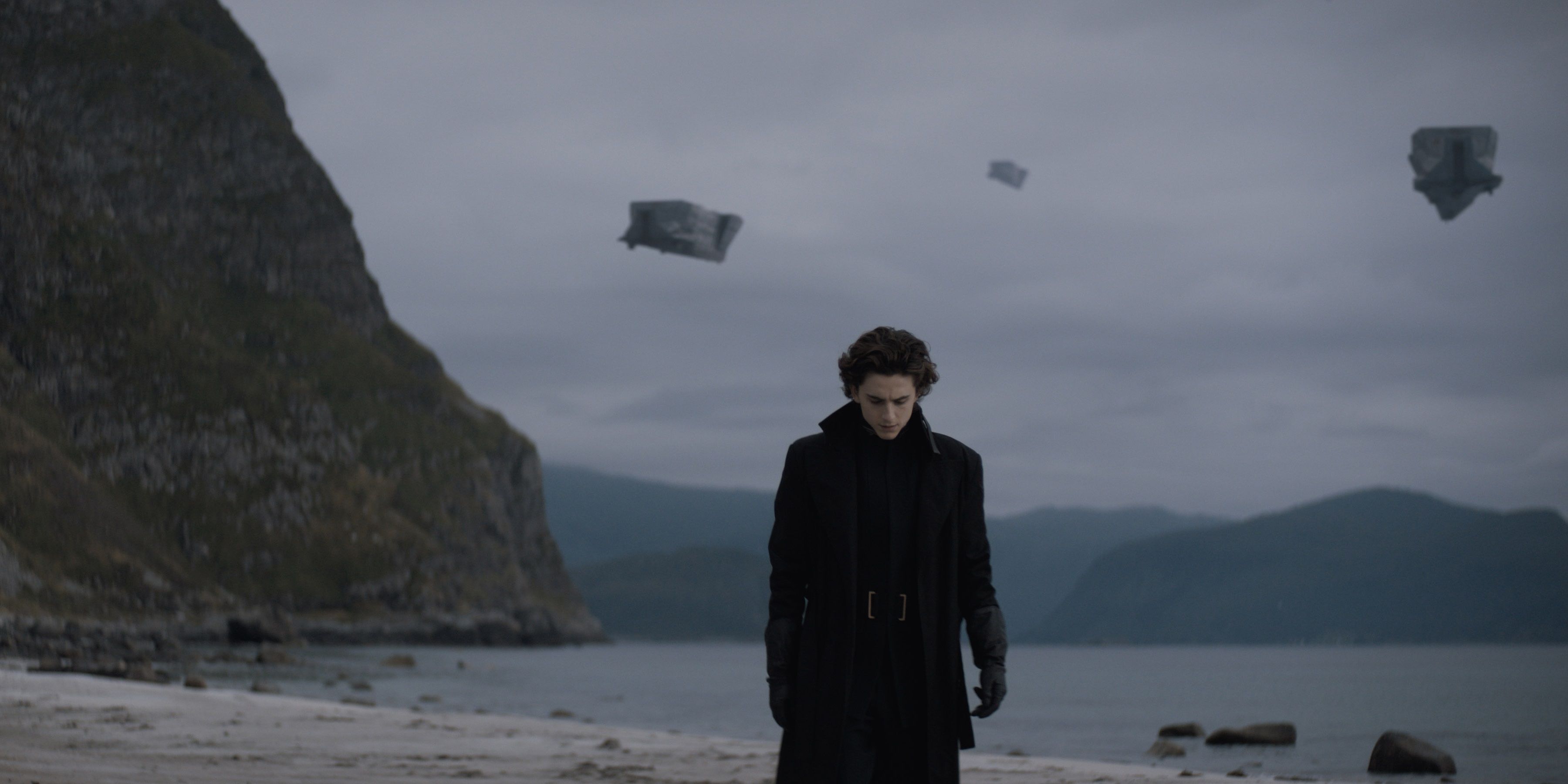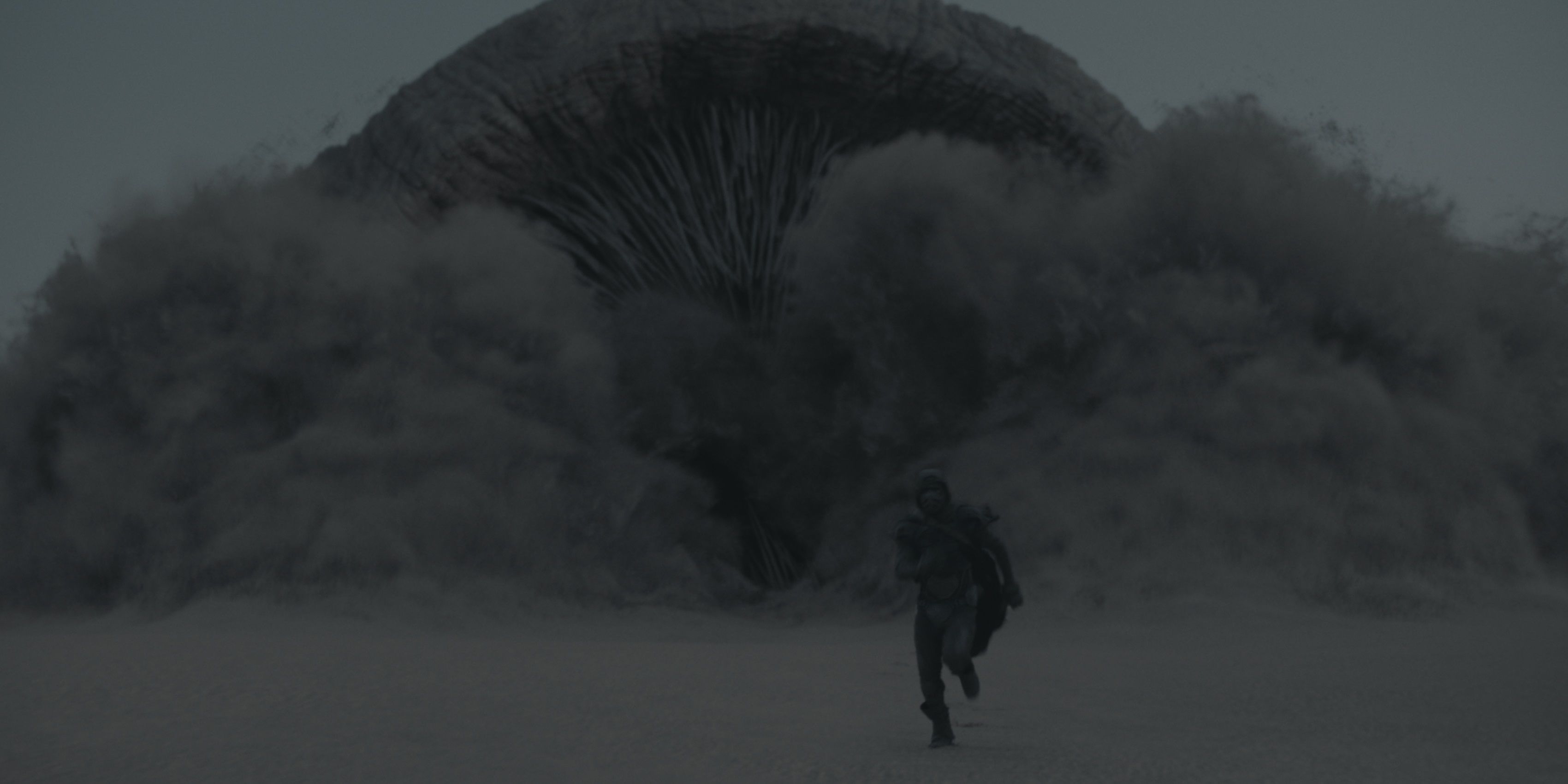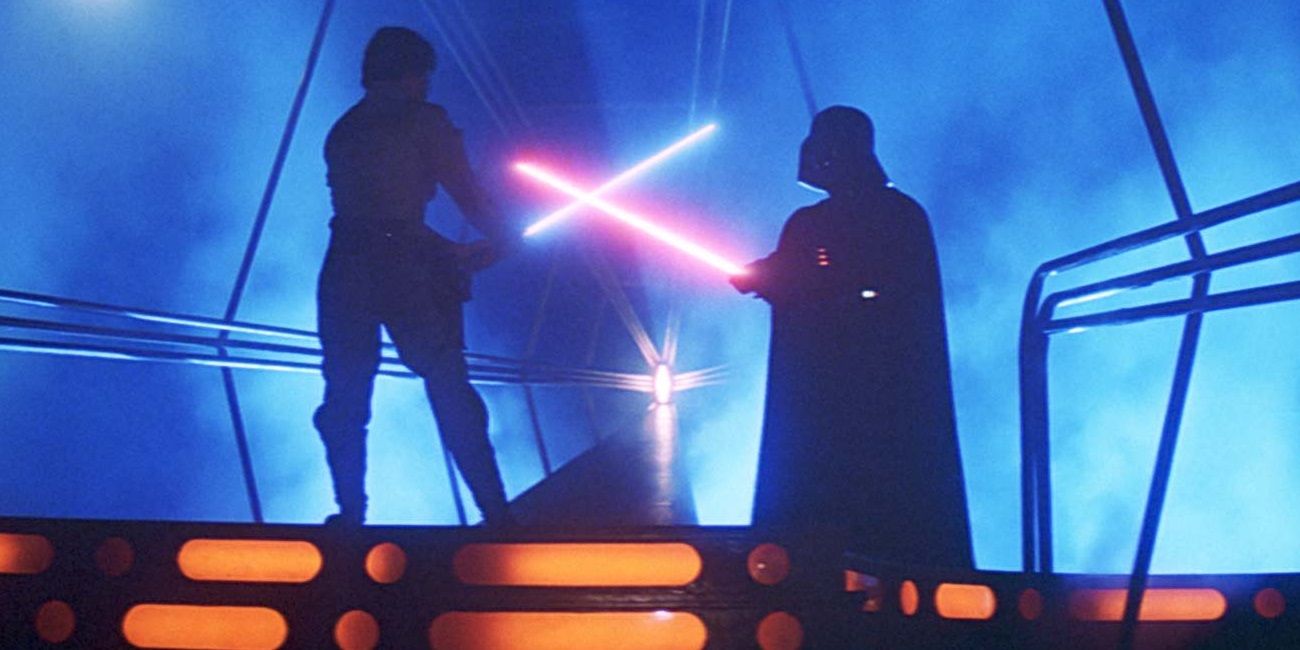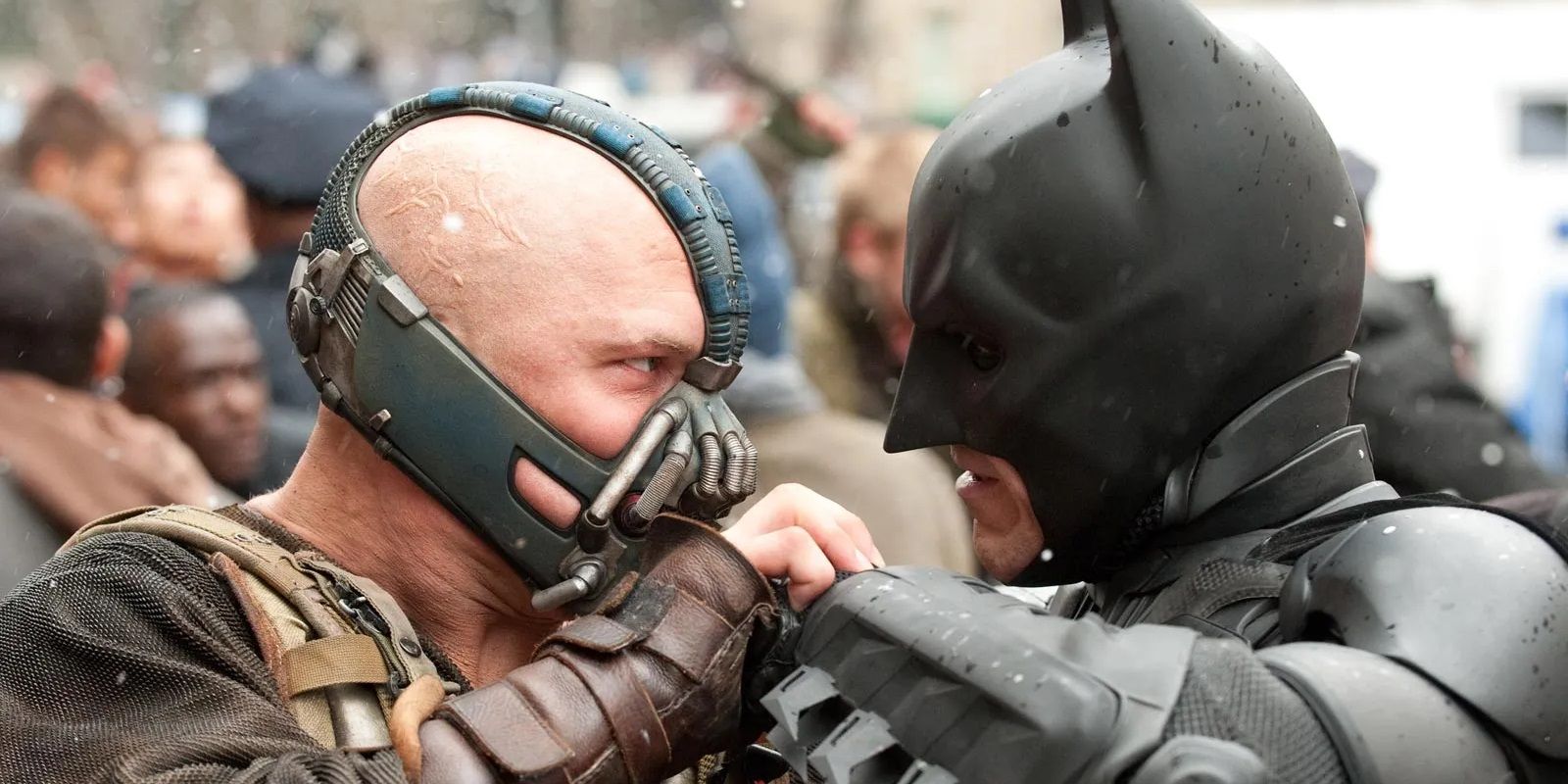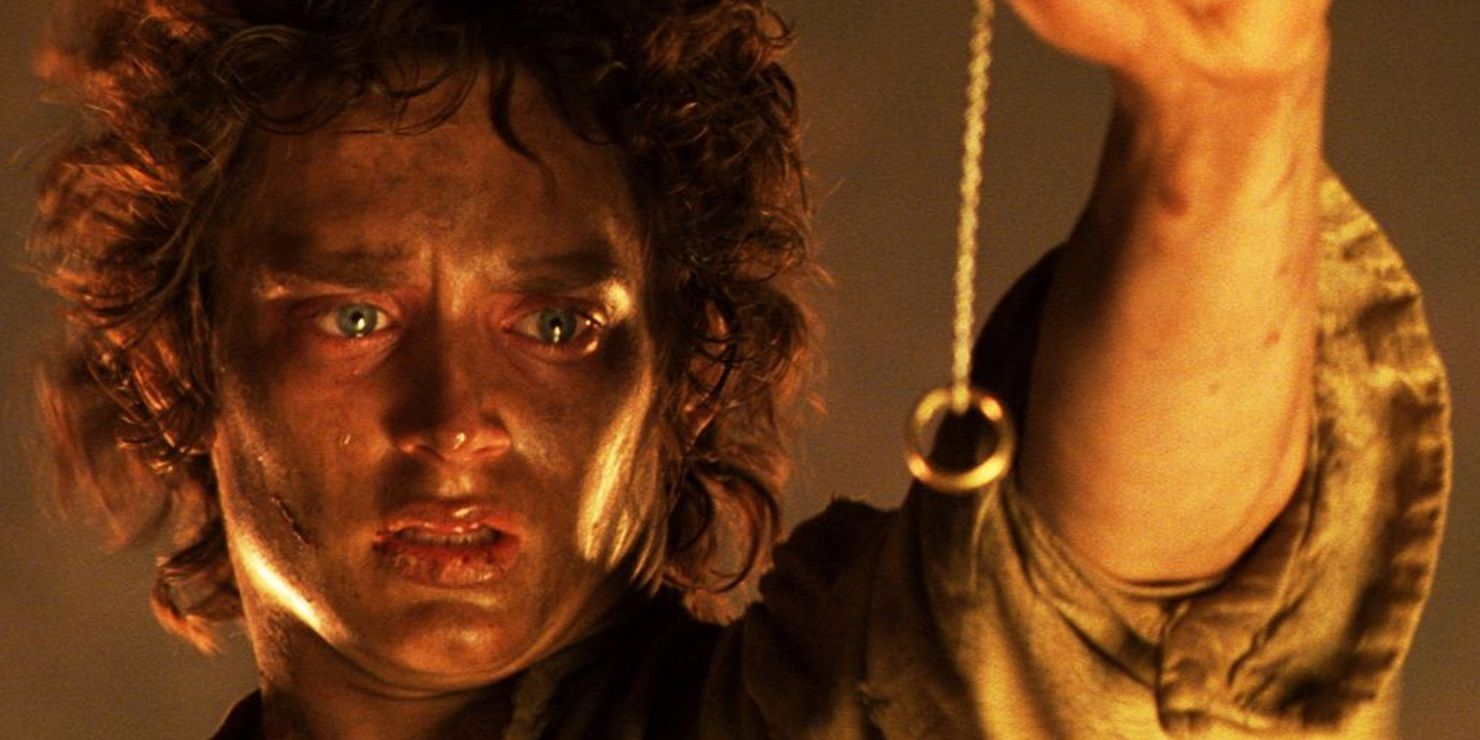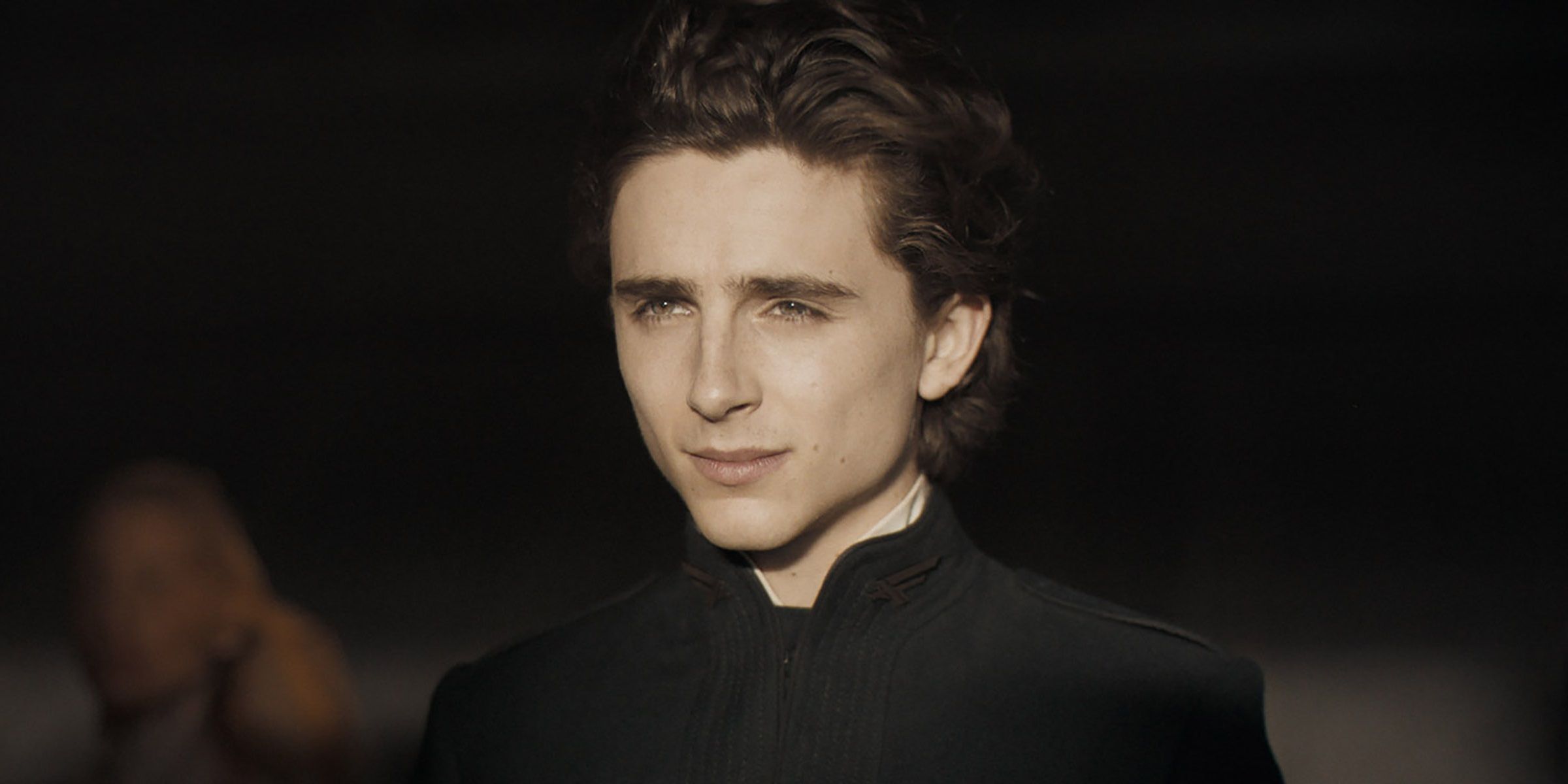Movie trilogies are a difficult thing to pull off. Even the most revered trilogies tend to have their weak spots. Some Star Wars fans feel that the original trilogy is let down by Return of the Jedi’s Ewoks. The climactic battle going on in the backdrop of The Matrix Revolutions is let down by Neo spending most of the movie unconscious in a chair. For all intents and purposes, The Godfather Part III is a solidly made gangster movie. But due to its unattainable goal of going above and beyond two of the greatest films ever made, it’s widely panned as a disappointing dud.
It’s near-impossible to pull off a trilogy with three strong installments, each more satisfying and involving than the last. Certain visionaries have succeeded in the past – Sergio Leone’s Dollars trilogy, Richard Linklater’s Before trilogy, and Peter Jackson’s The Lord of the Rings trilogy are all flawless – but even the most gifted filmmaker can stumble on that tricky third movie.
Denis Villeneuve’s Dune has recently become one of the first post-COVID box office gambles to pay off. Despite its somber tone, slow pacing, obscure source material, and Marvel-sized budget, Dune has drawn enough moviegoers to actual theaters to earn the greenlight on a sequel with a guaranteed theatrical release. Although Warner Bros. has marketed the movie as Dune, the on-screen credits bear a more ambitious title: Dune: Part One.
The Need For A Dune Trilogy
Warners didn’t have enough faith to commit to a back-to-back shoot for the entire multi-movie endeavor, but the studio didn’t waste any time committing to completing Villeneuve’s vision as soon as it proved to be bankable. When Dune: Part Two was confirmed as a reality, Villeneuve announced an even more ambitious plan to make “at least three” Dune movies.
To tell the complete saga of Paul Atreides on the big screen, Villeneuve wants to finish the trilogy with an adaptation of Herbert’s second Dune book, Dune Messiah. The director told Entertainment Weekly, “I always envisioned three movies. It’s not that I want to do a franchise, but this is Dune, and Dune is a huge story. In order to honor it, I think you would need at least three movies. That would be the dream. To follow Paul Atreides and his full arc would be nice... If I ever have the chance to do Dune: Part Two and Dune Messiah, I’m blessed.”
If Dune: Part Two repeats the success of the original and Dune Messiah gets the greenlight, then Villeneuve will throw his hat in the trilogy ring with Spielberg and Jackson and Lucas. Getting a trilogy just right has proven to be one of the toughest feats to pull off in franchise-driven cinema, but Villeneuve may have figured out a way to make it work.
The Trouble With Trilogies
Usually, the problem with threequels is the pressure of concluding an overarching narrative. The second movie tends to be a hard act to follow, because they have the freedom to be standalone stories that jump straight into the action and have no larger obligation than concluding their own narrative arcs. The Empire Strikes Back is a prime example. Without Return of the Jedi’s burden of providing closure and finality, Empire was free to be a thrilling standalone Star Wars adventure with a darker tone, character-driven plotting, and a subversive downer ending. With the middle chapters of their superhero trilogies, Sam Raimi and Christopher Nolan masterfully pulled off a quintessential portrait of the hero at hand.
Raimi’s Spider-Man 2 is the ultimate Spidey movie, mirroring Peter Parker losing his powers with his origin story, exploring the true meaning of his “with great power comes great responsibility” credo, and questioning whether Peter really has what it takes to be New York’s friendly neighborhood superhero. To top it off, Alfred Molina’s Doc Ock is the perfect comic book movie villain, beautifully combining mustache-twirling villainy with genuine pathos.
Similarly, The Dark Knight is the ultimate Batman movie. Nolan envisioned the movie as a Heat-style neo-noir set on the streets of Gotham. The praise for Heath Ledger’s Oscar-winning performance as the Joker, Batman’s arch-nemesis, has transcended the comic book movie genre and earned a spot alongside the most iconic villains in film history, like Darth Vader and the Wicked Witch of the West. Nolan offers a pitch-perfect take on the polar-opposites dichotomy of the meticulous, righteous Batman and the anarchist, morally bankrupt Joker. The finale both proves the Joker to be at least partly right in his convictions about humanity’s true nature and forces the Bat to make a sacrifice that only he can make.
In both cases, the directors couldn’t hope to best the second movie with the third movie. Spider-Man 3 has a grand total of three villains, each more undeveloped and forgettable than the last, and the polarizing plot retcons Uncle Ben’s murder and turns Peter into a part-alien emo. The Dark Knight Rises is an overambitious mess that stages the French Revolution in Gotham. Bruce Wayne spends most of the movie in a pit with a broken back, the scope of the story is too vast for its own good, and Tom Hardy’s eccentric turn as Bane comes off as a failed attempt to replicate the success of Ledger’s Joker.
Villeneuve’s plan for the Dune trilogy will seemingly bypass this problem by switching the batting order. The second movie has the pressure of wrapping up cliffhangers – Chani’s role in the story, the Fremen’s war with House Harkonnen, the Emperor’s grudge against House Atreides, Paul’s destiny, etc. – and the third one will be a standalone epic, visualizing the psychedelic plot of Dune Messiah in its entirety.
Following The Lord Of The Rings Model
Peter Jackson famously stuck the landing and then some with the third and final installment of his Lord of the Rings trilogy. In 2003, The Return of the King was released to universal acclaim and a record-breaking number of Oscar wins. Like Jackson’s trilogy, Villeneuve’s has an ironclad literary landmark as a jumping-off point. Like J.R.R. Tolkien’s Middle-earth stories, Frank Herbert’s Dune novels comprise a timeless masterpiece, and like Jackson and his team, Villeneuve and his team are wholly committed to bringing the author’s singular vision from the page to the screen.
Whether Dune Messiah will break Return of the King’s Oscar record remains to be seen (anything’s possible), but the first movie of Villeneuve’s trilogy has been compared to The Fellowship of the Ring for its ability to introduce a vast fictional universe in the context of a standalone large-scale epic. Like Jackson’s first Lord of the Rings movie, Dune: Part One feels both introductory and complete within itself.
Villeneuve is absurdly passionate about translating Herbert’s Dune-iverse to the big screen, and he has both the artistic and technical talents as a filmmaker to back it up, so this trilogy was already in safe hands. But a director can never be too careful about how they approach multi-movie storytelling. Villeneuve’s plan to shoot a trilogy in such an unconventional way might sound risky, but it’s actually the best way to avoid the traps that most other blockbuster trilogies have fallen into.

